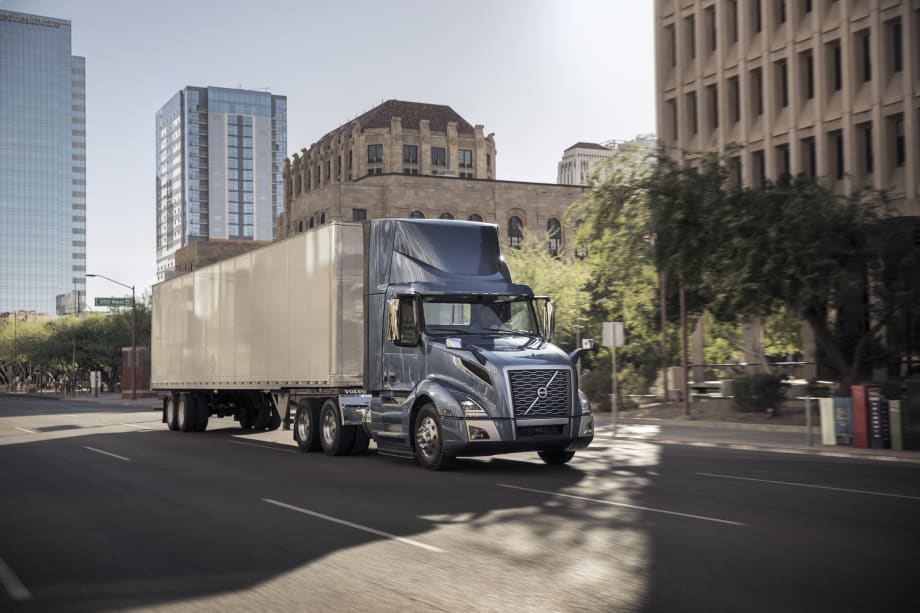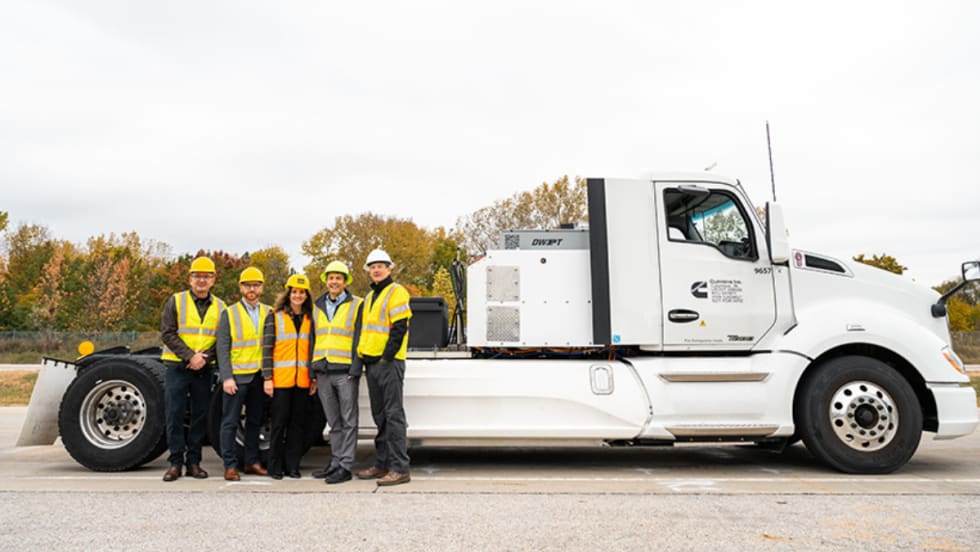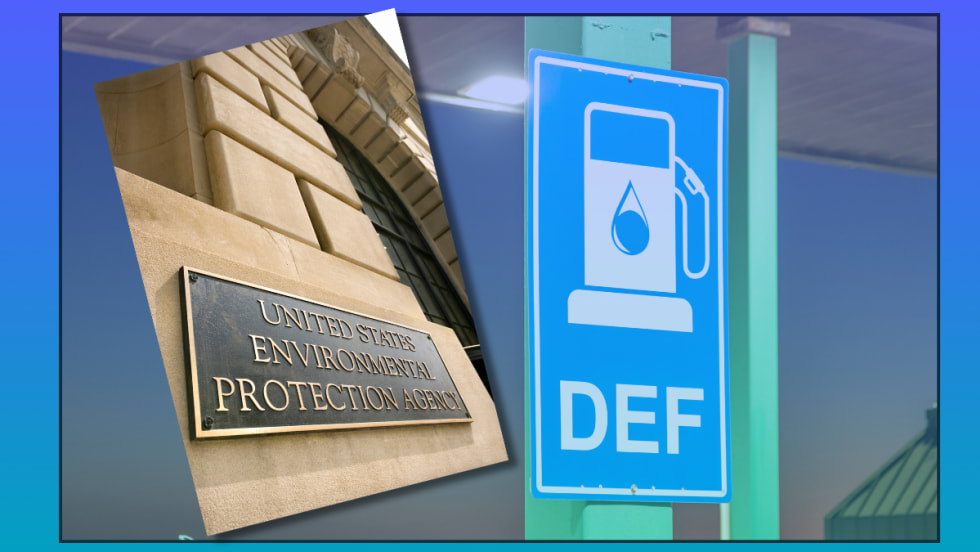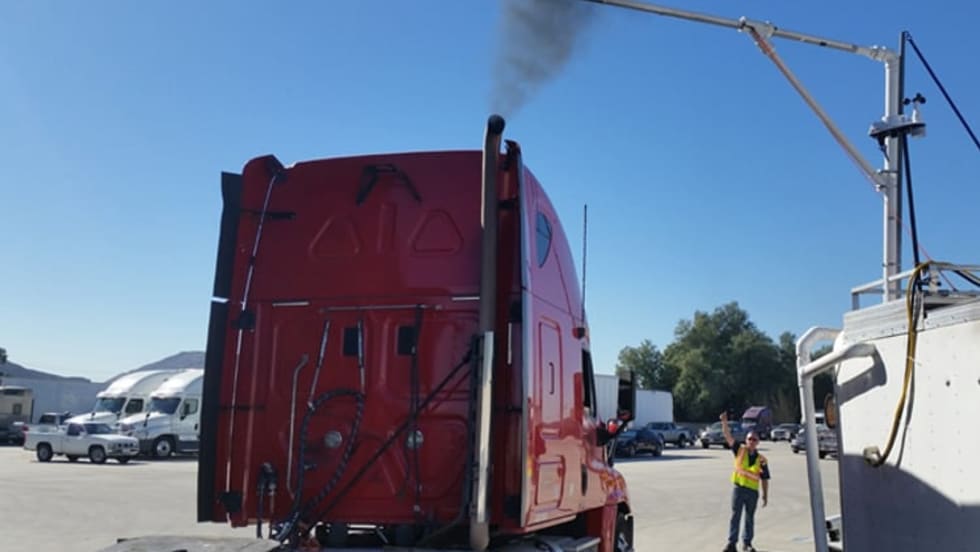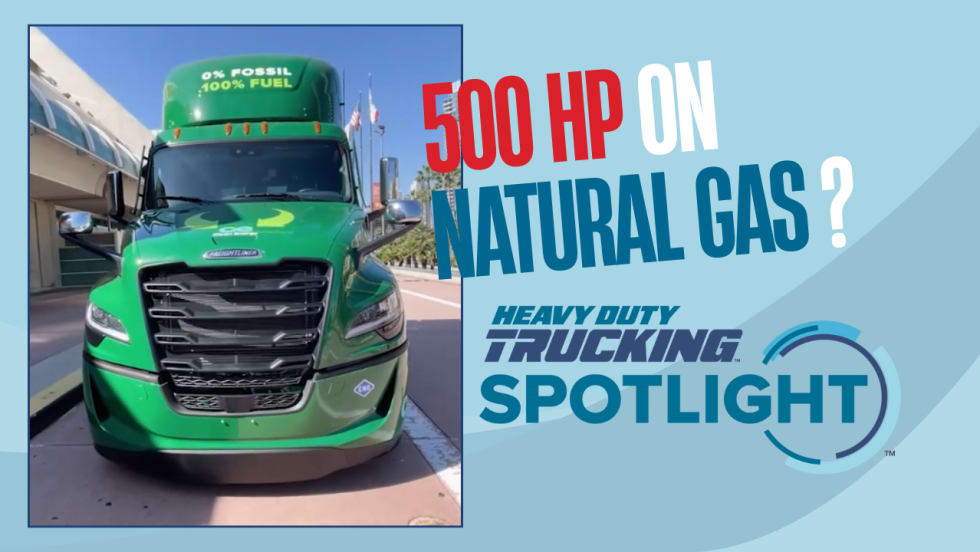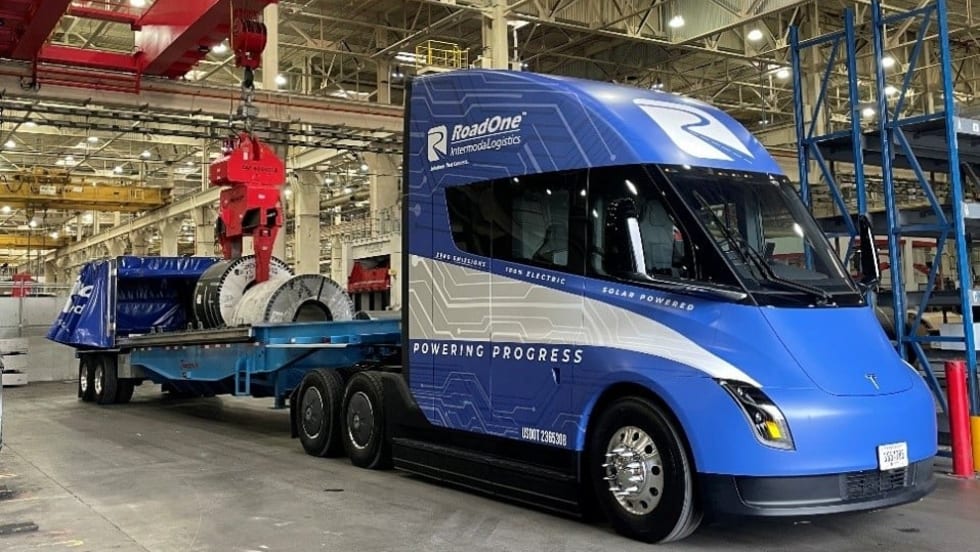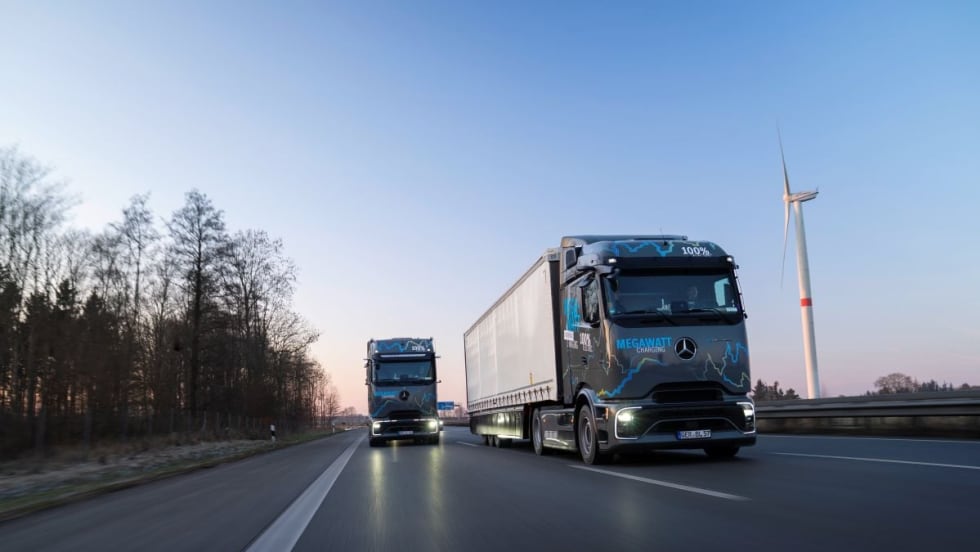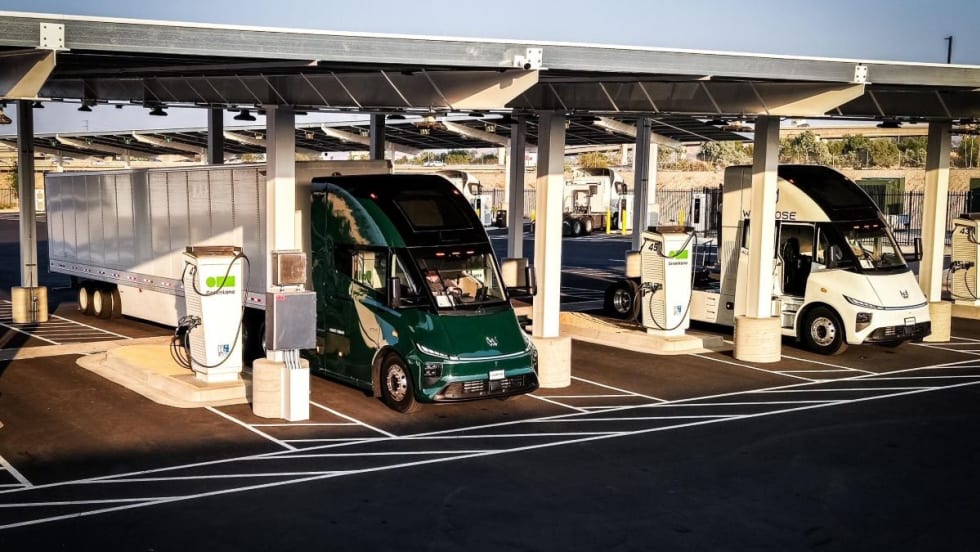Sweden’s Volvo Group, parent of both Volvo Trucks North America and Mack Trucks, announced it will set aside $780 million (7 billion SK) to cover estimated costs to address a faultyemissions control component used in diesel engines sold in certain markets, including North America and Europe.
The concern, first reported in October, is that this emissions control component “may degrade more quickly than expected, affecting the vehicles emission performance negatively,” Volvo Group stated in a Jan. 3 press release. According to a statement released by the OEM in October, the degradation could cause the engines to exceed emissions limits for nitrogen oxides (NOx).
In its Jan. 3 release, the OEM said the estimated costs are based on such things as testing vehicles, conducting statistical analysis, and having “dialogue with relevant authorities.”
The company stated that “the next step will be to define how to implement corrective actions concerning the component in vehicles affected by this issue. This will be done together with the relevant authorities,” presumably including the U.S. Environmental Protection Administration.
According to Volvo, the “degradation of the component in question does not pose a product safety issue, nor does it negatively affect vehicle or engine performance in areas other than emissions control. The degradation is a result of a materials issue that occurs over time. All engines and vehicles equipped with the component meet emissions limits at delivery.”
The engines in question are equipped with selective catalytic reduction (SCR) aftertreatment systems that were designed initially to meet EPA 2010 emissions standards.
The company said the money set aside will impact operating income in the fourth quarter of 2018, and a negative cash flow effect will start in 2019 and gradually ramp up in the coming years.
Volvo Group added that it “will continuously assess the size of the [financial] provision as the matter develops.”
A Jan 4. Bloomberg reportcited outside analysts as contending the cost of addressing the issue for Volvo is “uncomfortable but affordable.” The report stated the analysts still expect Volvo “to pay shareholders an extra dividend, after a year in which the truck maker has seen orders surge and profits reach record levels.”
Another global diesel engine maker has had an issue with a defective SCR system. In July, Cummins initiated a voluntary recallaffecting more than 500,000 of its engines after an investigation by the California Air Resources Board discovered higher-than-expected NOx emissions from SCR systems.




